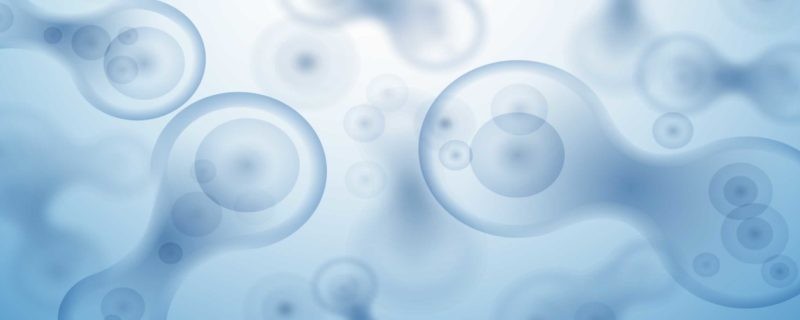
What Makes Cell Culture Scientists Thankful?
Around this time of year, most of us take a personal inventory of what makes us thankful, but I wonder what makes Cell Culture Scientists’ thankful in their work? I asked several groups on LinkedIn, our regular guest bloggers and a handful of other cell culture scientists to find out what tips, tricks, or tools have made the most impact and been the most helpful to cell culture scientists.
Here are the results: The automated cell counter – this machine has revolutionized the way cell culture is done. Using an automated cell counter saves scientists time and also ensures greater accuracy in data generated. Electrical Pipettor – this tool has saved many wrists and prevented cases of carpal tunnel syndrome, but it also provides higher quality and more consistent pipetting and cell culture. In addition, the multi-channel pipettor is a great time saver by allowing scientist to pipette into several wells at once. Recombinant cell culture supplements – to improve serum-free cultures. Ever since the move toward serum-free culture, scientists have been trying to find ways to improve the performance of cells without the presence of serum. Animal-free, recombinant and defined cell culture supplements improve the serum-free media performance while providing the safety and consistency not found in animal-derived products. Directly conjugated, fluorescently labeled antibodies – this is a major time saver that also reduces the likelihood of experimental error. By using these antibodies, scientists can save time by eliminating the use of secondary antibodies. Disposable bioreactors – these save on clean up. Disposable bioreactors save time by significantly reducing cleaning required for reusable bioreactors. This time saver maximizes output by improving turnaround time between production runs. It also reduces capital investment, particularly important in small-scale runs.